Chasing Comets in the Land of Dragons/Chwilotwyr Comedau yn Wlad y Dreigiau: Pro-Am-Schools collaboration to engage students in STEM in Wales.
- 1Cardiff University, School of Physics and Astronomy, Wales
- 2Faulkes Telescope Project, Cardiff, Wales
- 3School of Physical Sciences, Open University, Milton Keynes, England
- 4British Astronomical Association, London, England
- 5Harlingten Observatory, Torvizco, Spain
- 6St Mary's Catholic Primary School, Bridgend, Wales
CC is now expanding to provide resources to meet the needs of CfW and the Welsh language. CfW was first implemented in September 2021, shifting the educational focus from content-based learning to skills-based learning, giving teachers more freedom regarding the contents of their lessons. This brings in novel complications, like the difficulty of preparing educational and stimulating lessons while also including the required skills. CC aims to solve these problems by supplying teachers with a variety of easy-to-follow lesson plans, encompassing a range of required key skills.
As part of CC, students can experience the whole ‘astronomical research process’, from planning when to obtain observations, to requesting the capture of images using the Faulkes Telescope Project (FTP) to access the Las Cumbres Observatory robotic telescope network, to analysing their images and plotting the results. The data are also used by pro-am astronomers to analyse the objects for their own research. CC schools will then be included in any subsequent publications that utilise data obtained by students - an inspiring and exciting opportunity. Over 100 children from 4 primary schools in South Wales were involved in the CC pilot, and 3 of these schools were included on a 2021 ApJ paper, Physical Characterization of Main-belt Comet (248370) 2005 QN173 [1], with another publication under review.
Student feedback:
“It is amazing and cool that our little school in Mid Wales can control a big telescope in Australia from our classroom”.
“Amazing, I can’t explain how cool and inspiring [it is]”.
Teacher feedback:
“We have learnt so much about astronomy. But the activities cover so many other parts of the curriculum too!”
“It has been fantastic. I’ve enjoyed it and the children have absolutely loved it. I wish we had more time each week as there was so much great material.”
Teacher guides, videos and worksheets for students have been produced, explaining the core concepts behind comets, space, light, how to collect data, and how to measure data, in addition to guiding schools through all the processes needed to obtain and analyse images. Web-based tools are being developed to assist in these processes. This exposes pupils to real scientific research and procedures, helping to nurture a deeper interest and understanding of current science.
All resources and tools will be available in Welsh to expand CC to involve Welsh language schools throughout the country. Welsh language STEM projects are uncommon, which can lead to a decrease in STEM engagement in this population. Providing Welsh language resources gives new and exciting opportunities for students in what are often under-performing schools [2]. Student results in Welsh language schools are marked lower than students in English language schools, suggesting Welsh resources may not be of high enough quality. CC aims to ensure that our resources put Welsh and English language schools on a level playing field, giving equal opportunities and successes in the project for all schools.
The main aim of CC for the future is expansion, both geographically and in participant ages. This will include schools outside of Wales, to share our knowledge, tools, and materials with other partners. Translation of resources into languages other than Welsh or English will be encouraged. CC also intends to involve older school children (ages 14-18) where more emphasis can be put on the science in addition to conducing more complex data analysis.
[1] Hsieh, H.H., et al., 2021. Physical Characterization of Main-Belt Comet (248370) 2005 QN173, ApJ. 992(1).
[2] Johnes, G. (2020) ‘Medium Efficiency: Comparing Inputs and Outputs by Language of Instruction in Secondary Schools in Wales’, Wales Journal of Education. 22(2) :52-66.
How to cite: Stoddard-Jones, C., Roche, P., Usher, H., Miles, R., Angel, T., Wooding, B., and Wooding, S.: Chasing Comets in the Land of Dragons/Chwilotwyr Comedau yn Wlad y Dreigiau: Pro-Am-Schools collaboration to engage students in STEM in Wales., Europlanet Science Congress 2022, Granada, Spain, 18–23 Sep 2022, EPSC2022-1172, https://doi.org/10.5194/epsc2022-1172, 2022.

